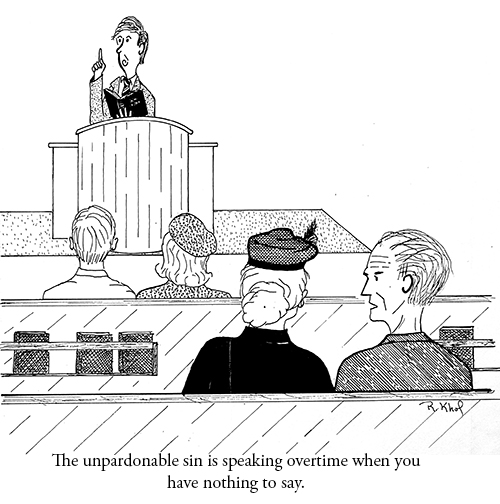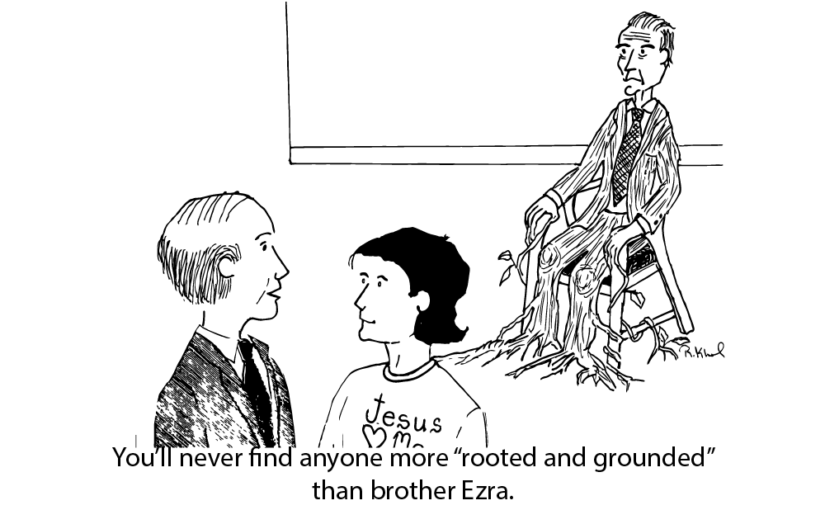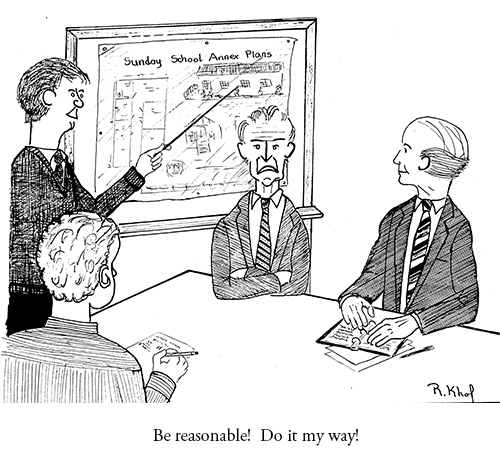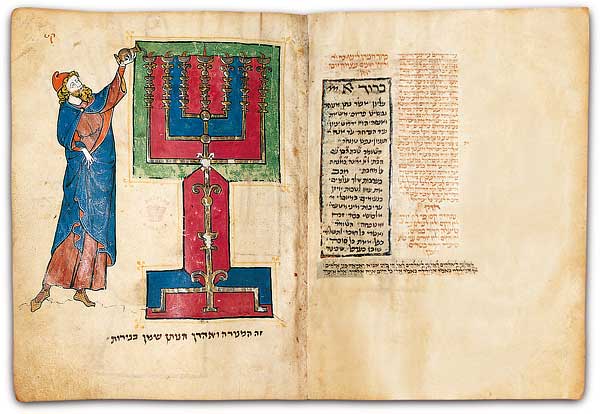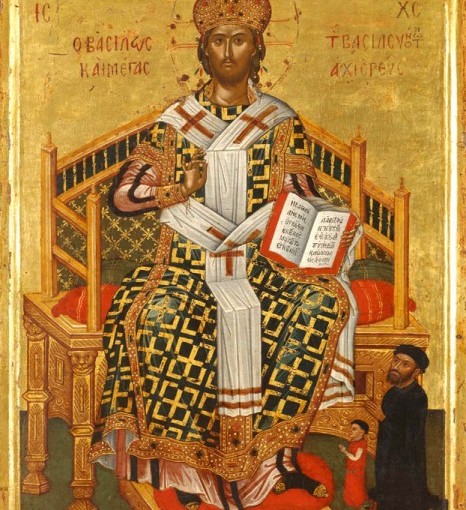Is this not the carpenter, the Son of Mary, and brother of James, Joses, Judas, and Simon? And are not His sisters here with us?” So they were offended at Him.
Mark 6:3
Attitudes and opinions change over time and according to culture. Here and now, carpenters are regarded as skilled professionals that earn a better than average wage for a service that is in high demand. Apparently, that wasn’t the case when Jesus lived in Nazareth; “they were offended at Him.”
I think I understand why. Many years ago, I lived in a very poor country and learned much about Third World life-styles. We lived in a town where electricity was available for less than four hours a day, so carpenters plied their trade with hand tools. There were no furniture stores where we lived, so when someone needed a table, chair, or set of drawers they hired a carpenter. These tradesmen usually lived in the poorer section of town and often made furniture much nicer than they could afford for themselves.
Carpenters also seemed to have the worst reputation among the blue-collar workers. They all seemed to lie; their work was never ready on time, and they usually charged more than the price they first quoted; besides, most were alcoholics. Knowing that Jesus also worked with wood, often led to jokes about Christ being the world’s only honest carpenter.
Christ must have been different. He would have been a skilled craftsman, wasn’t a drunk, and would have kept His word. His work must have been in high demand and that’s exactly where the problem was. I can imagine the reaction of the wealthier class – “The nerve of Jesus closing up shop to preach. I have a lot of things for Him to do. Who does this carpenter think He is anyway?”
Jesus’ neighbors never came to the realization that He was the Son of God, the promised Messiah. To them He was just the Carpenter.
April 13



